Are your gut bugs contributing to autoimmune disease?
By naturopath Margaret Jasinska
A number of different things play a factor in autoimmune disease: diet, stress, infections and environmental chemicals. Sometimes the driver of a health problem is much closer to home: your own gut. Having the wrong gut bugs or having an abnormally high number of bacteria can create a leaky gut and a range of health problems even if you have a very healthy diet.
Among my patients I’ve found that Small Intestinal Bacterial Overgrowth (SIBO) is a very common problem. SIBO is defined as an increased number and/or abnormal types of bacteria in the small intestine. The condition encompasses yeast overgrowth such as Candida too, but excess bacteria is more common and a bigger problem in most instances.
There is not supposed to be a lot of bacteria in your small intestine. This part of your intestine is designed for nutrient digestion and absorption. Most of the bugs in your gut are supposed to live in your colon (large intestine).
How does the bacteria end up in your small intestine? It can either travel upwards from your colon, or downwards from your mouth. The far more common scenario is where the bugs travel up from your large intestine.
Having too much bacteria here can make you feel bloated and it can cause symptoms of irritable bowel syndrome such as abdominal cramps, gas, diarrhoea or constipation. New research has shown that many cases of irritable bowel syndrome are actually caused by SIBO.
The lining of your small intestine is very thin; it’s only one cell thick. The excess bacteria in the small intestine of someone living with SIBO cause inflammatory damage to the lining of the gut. The damaged, leaky gut now absorbs those toxins, plus other wastes. They get into your bloodstream and travel straight to your liver. It’s not surprising then to learn that SIBO is a strong contributing factor to liver inflammation and fatty liver. Glutamine is an amino acid that helps to soothe and repair a leaky gut and is very important for anyone with SIBO or an autoimmune condition.
Symptoms of Small Intestinal Bacterial Overgrowth (SIBO)
The symptoms of SIBO can vary enormously from person to person. Some people get terrible IBS (irritable bowel syndrome) symptoms such as bloating, flatulence, burping, abdominal pains, constipation or diarrhoea. Other people get no digestive symptoms at all; they just experience some of the harmful consequences of SIBO, listed below.
Symptoms of SIBO may include the following:
- Nutrient deficiencies, particularly iron deficiency, B 12 and vitamin D deficiency.
- Muscle cramps, spasms or restless legs syndrome. Muscle cramps and spasms are usually caused by magnesium insufficiency due to malabsorption. Iron deficiency and vitamin E deficiency are strongly correlated with restless legs syndrome as well.
- Joint pain
- Fibromyalgia
- Fatigue
- Multiple food sensitivities
- Inflammation of the liver (raised liver enzymes)
- Skin problems, including eczema, acne rosacea, rashes or itchy skin.
- Refractory coeliac disease (coeliac disease that doesn’t resolve on a gluten free diet)
- Strong sugar or carbohydrate cravings. The excess bacteria and yeast in the small intestine want to be fed. They need carbohydrate in order to survive, so you’re likely to have big cravings for these foods.
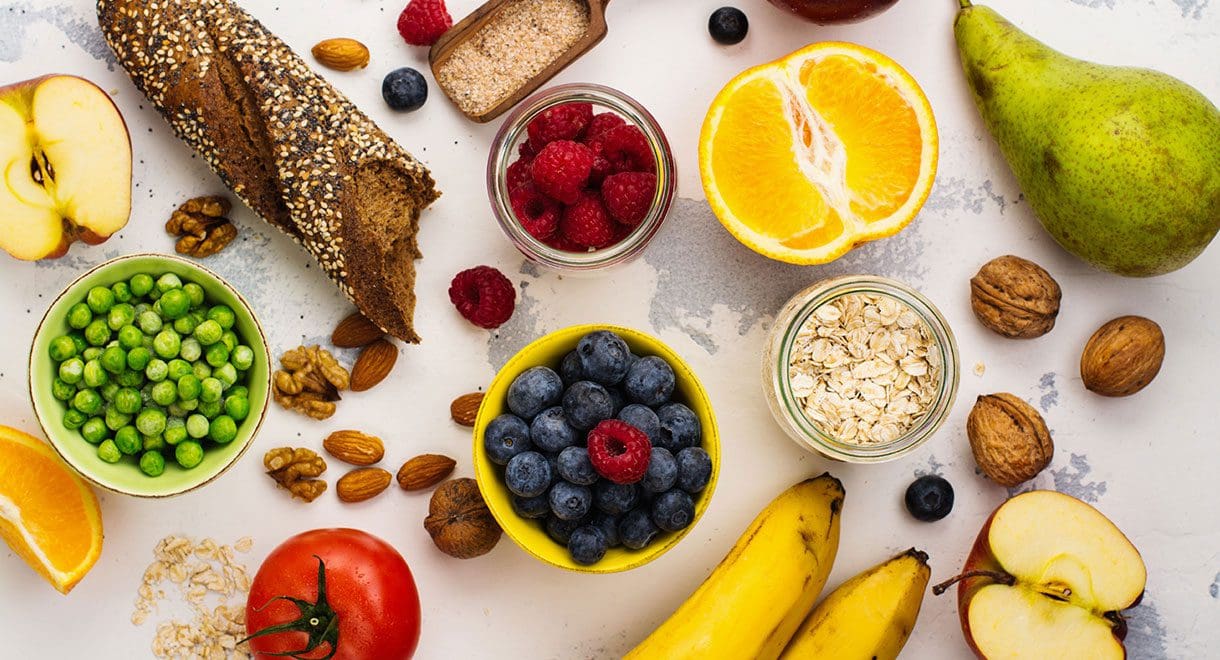
How to overcome SIBO
There are a number of tests used to diagnose SIBO: breath tests and faecal microbial analysis. Sometimes the diagnosis is obvious because the symptoms are so significant.
Treatment may include herbal antimicrobials, prescription antibiotics and diet changes (low FODMAP diet). It’s also important to work on improving digestive health and liver health, otherwise SIBO can recur.
People with SIBO usually don’t produce enough hydrochloric acid in their stomach and they do not produce enough digestive enzymes or bile. It is also extremely important not to get constipated, as this encourages the overgrowth of bacteria. Vegetables, fruit, nuts and seeds are a good source of fibre. Psyllium husk is also an excellent source of fibre and it’s usually well tolerated because it is low FODMAP. Psyllium is found in Fibretone.
SIBO can be difficult to overcome, but it’s important to address in many patients with autoimmune disease. For more information about gut health and the immune system, see our book Healing Autoimmune Disease: A plan to help your immune system and reduce inflammation.


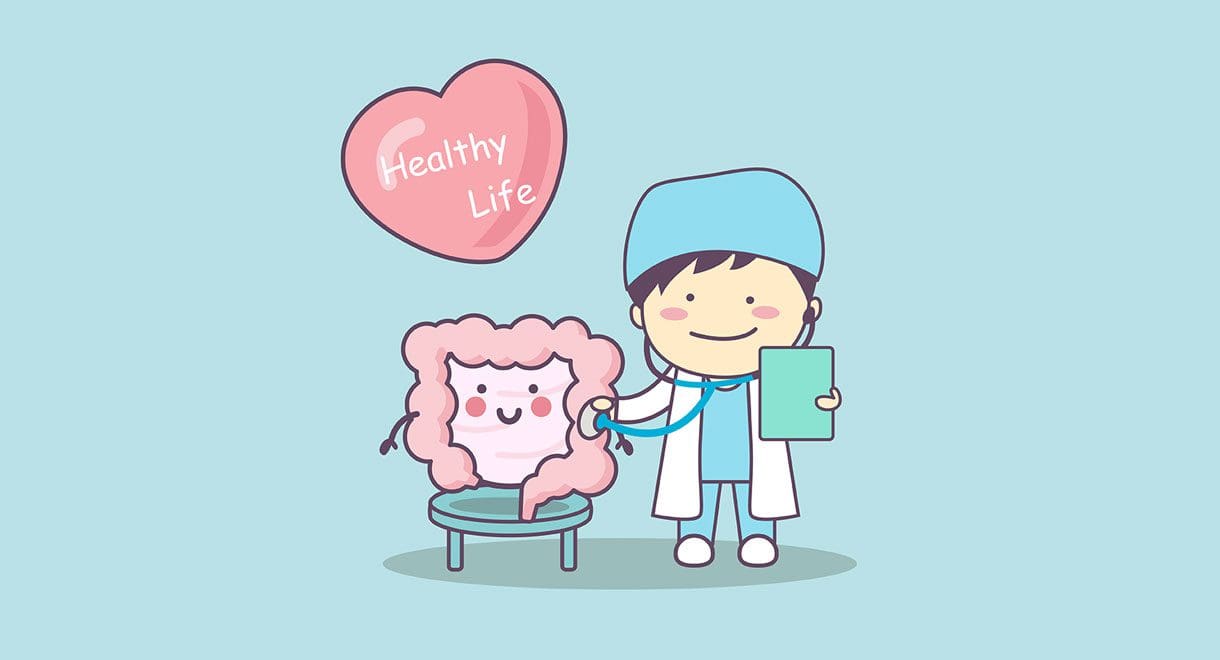



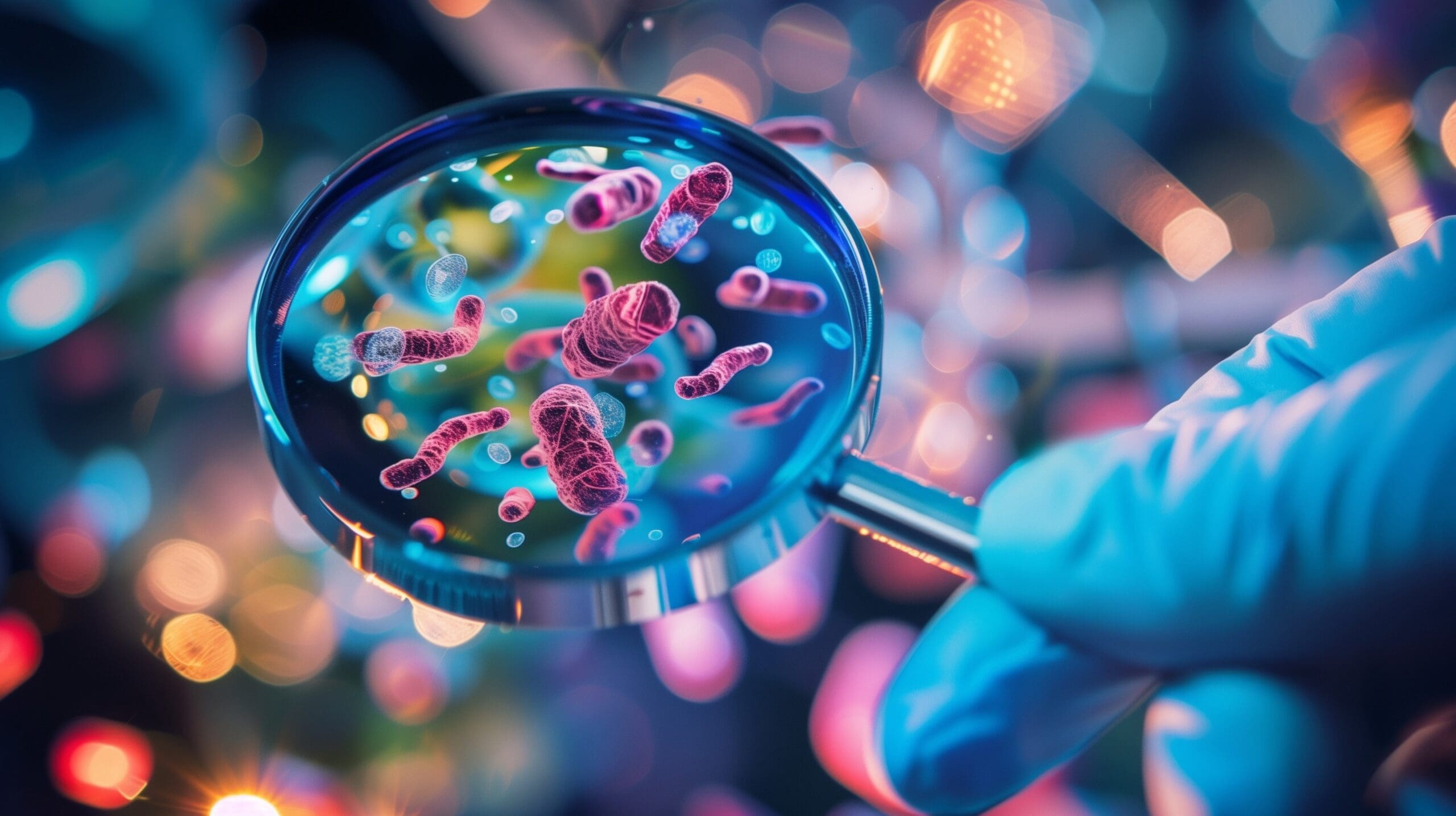
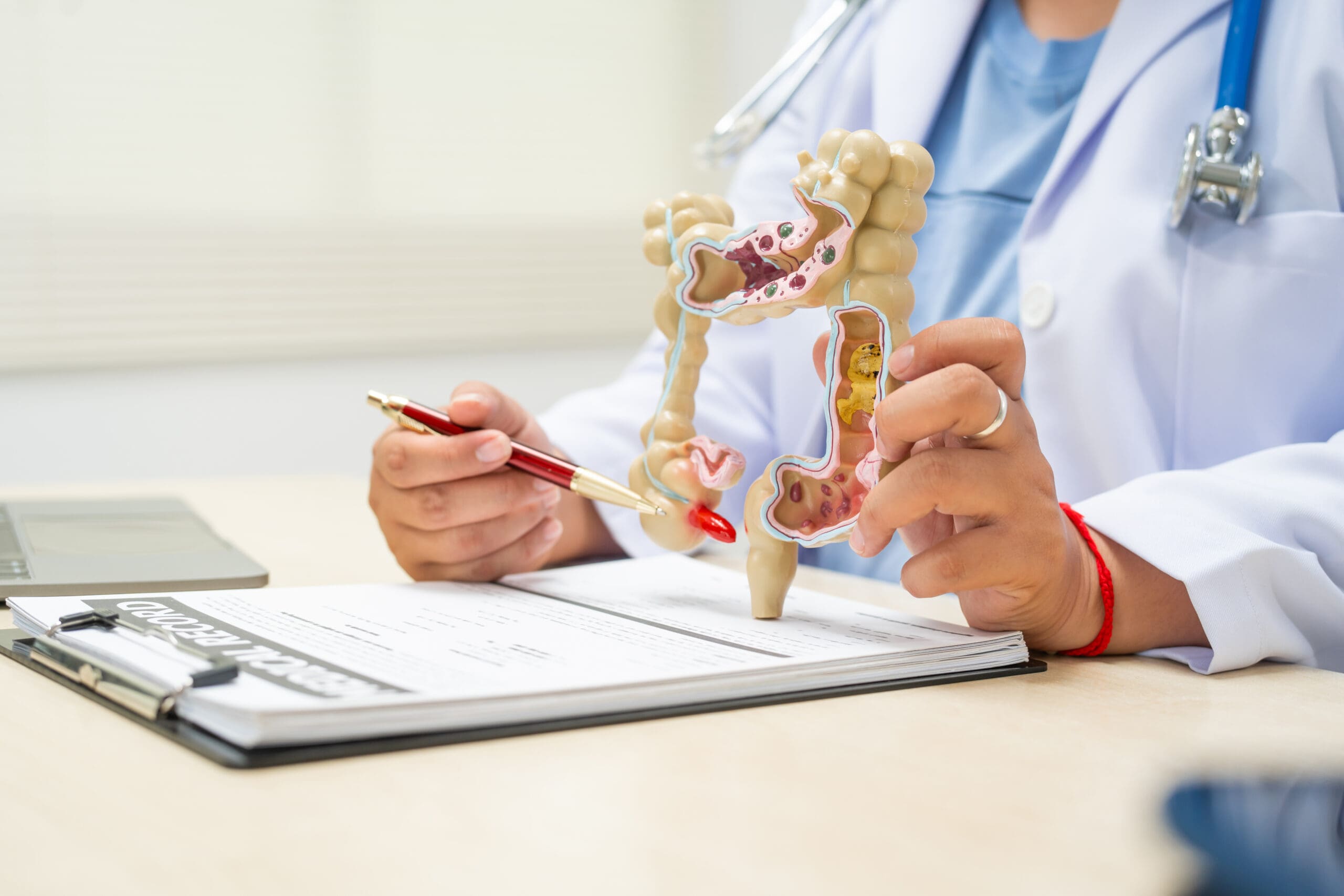
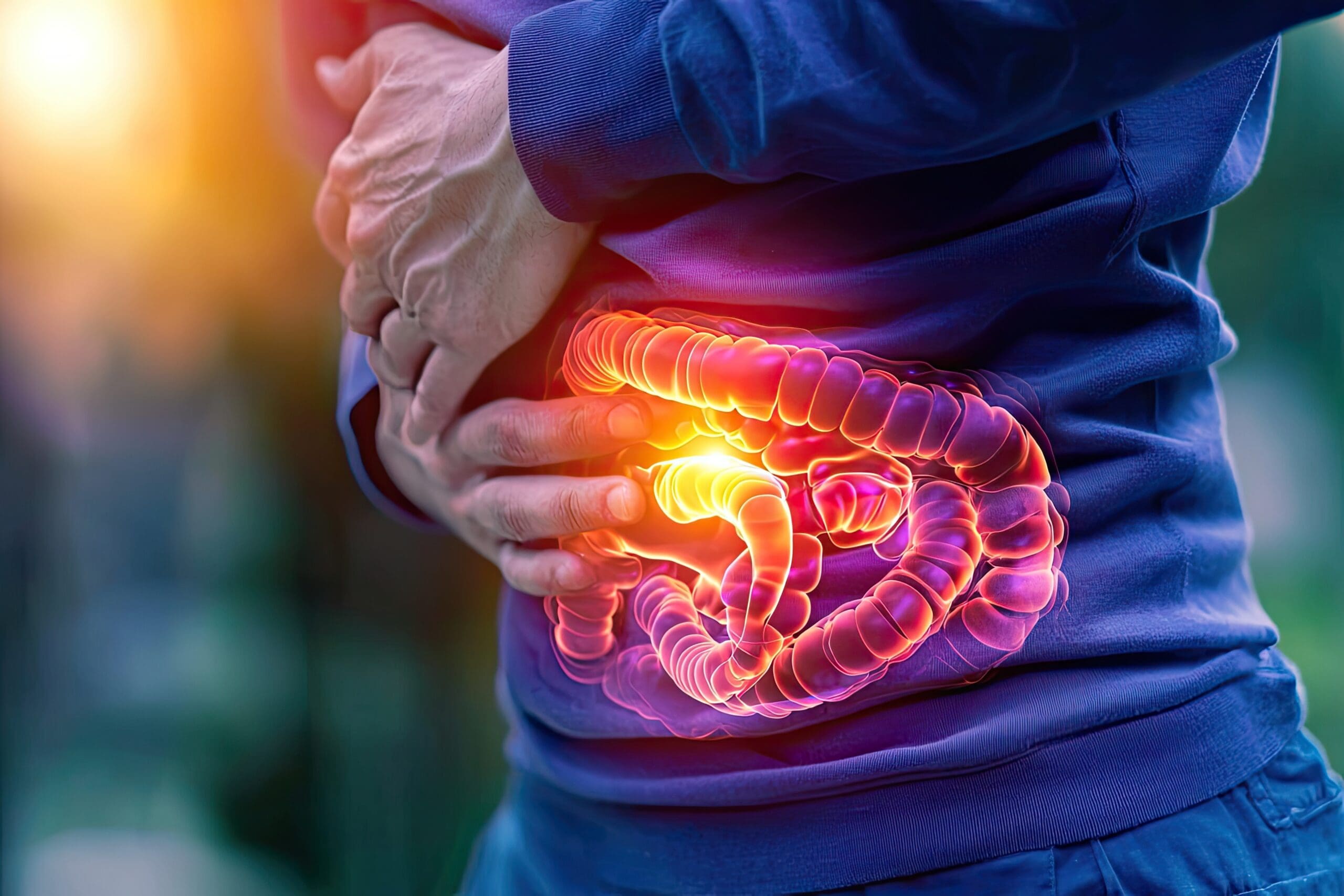
Leave A Comment